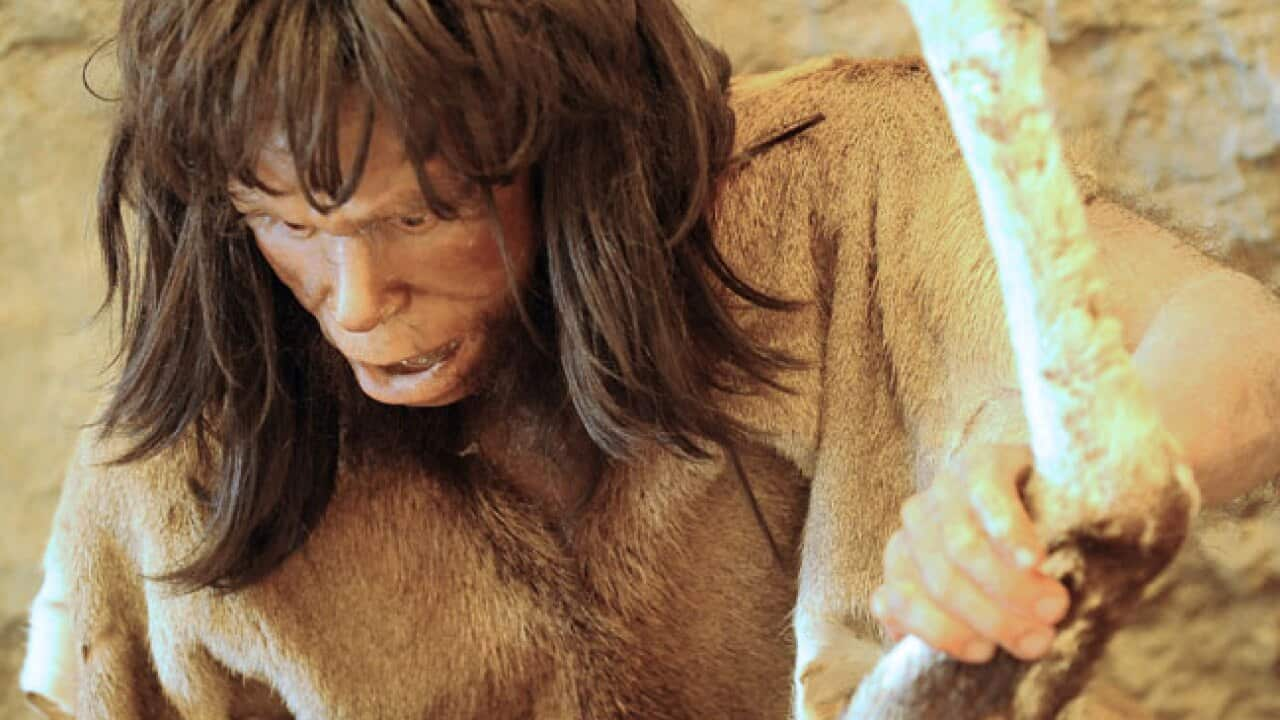When the first modern humans left Africa they were ill-equipped to cope with unfamiliar diseases. But by interbreeding with the local hominins, it seems they picked up genes that protected them and helped them eventually spread across the planet.
The publication of the Neanderthal genome last year offered proof that Homo sapiens bred with Neanderthals after leaving Africa. There is also evidence that suggests they enjoyed intimate relations with other hominins including the Denisovans, a species identified last year from a Siberian fossil.
But what wasn't known is whether the interbreeding made any difference to their evolution. To find out Peter Parham of Stanford University in California took a closer look at the genes they picked up along the way.
He focused on human leukocyte antigens (HLAs), a family of about 200 genes that is essential to our immune system. It also contains some of the most variable human genes: hundreds of versions - or alleles - exist of each gene in the population, allowing our bodies to react to a huge number of disease-causing agents and adapt to new ones.
The humans that left Africa probably carried only a limited number of HLA alleles as they likely travelled in small groups. Worse, their HLAs would have been adapted to African diseases.
When Parham compared the HLA genes of people from different regions of the world with the Neanderthal and Denisovan HLAs, he found evidence that non-African humans picked up new alleles from the hominins they interbred with.
One allele, HLA-C*0702, is common in modern Europeans and Asians but never seen in Africans; Parham found it in the Neanderthal genome, suggesting it made its way into H. sapiens of non-African descent through interbreeding. HLA-A*11 had a similar story: it is mostly found in Asians and never in Africans, and Parham found it in the Denisovan genome, again suggesting its source was interbreeding outside of Africa.
Parham points out that because Neanderthals and Denisovans had lived outside Africa for over 200,000 years by the time they encountered H. sapiens, their HLAs would have been well suited to local diseases, helping to protect migrating H. sapiens too.
While only 6 per cent of the non-African modern human genome comes from other hominins, the share of HLAs acquired during interbreeding is much higher. Half of European HLA-A alleles come from other hominins, says Parham, and that figure rises to 72 per cent for people in China, and over 90 per cent for those in Papua New Guinea.
This suggests they were increasingly selected for as H. sapiens moved east. That could be because humans migrating north would have faced fewer diseases than those heading towards the tropics of south-east Asia, says Chris Stringer of the Natural History Museum in London.
Parham presented his work at a Royal Society discussion meeting on human evolution in London last week.

